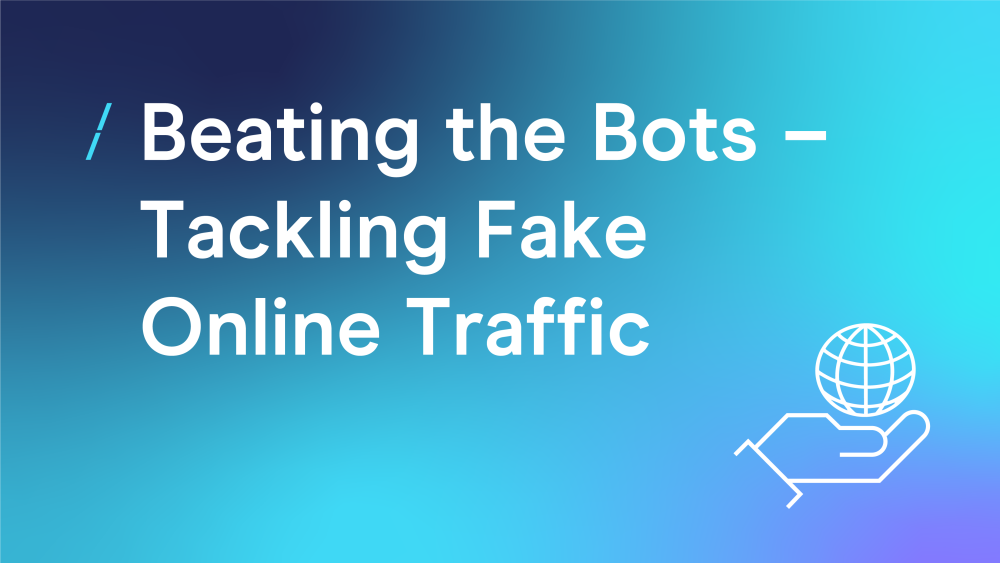Beating the Bots - Tackling Fake Online Traffic
02 Jul 2021

This article was written by Gilbert Hill, Chair of the Responsible Marketing Committee, and member of the Privacy Working Group. @gilberthill
Since 2019 I’ve been Chair of The Responsible Marketing Committee (RMC), which together with the DMA code creates the belief system we as members share around data ethics and best practice in our industry.
Working to this code as part of business as usual is a strong statement of the ‘deal’ people get when they choose your product or service, and something individual marketers can use as a moral compass through their professional development via the IDM.
One of the key principles of the DMA code is Fairness:
“Be honest, fair and transparent, throughout your business”
When it comes to data and AdTech, we generally think about fairness in terms of the consumer; whether it’s being transparent about when and how our data is used or respecting our right to object.
It’s equally important, but less often pointed out that customers also have the right to a fair deal. While the global online advertising market continues to grow, reaching $360 billion last year (Imarc), the results of an 18-month investigation by the DMA North Council advertisers shows advertisers are missing out on value to a worrying extent.
Described in their blog as “Artificial Engagement”, fake traffic from automated bots at rates of up to 50% is creating huge amounts of white noise for brands and agencies planning digital media spend and analysing its output.
What’s worse is that legitimate advertisers are at real risk of having their reputations associated with, or even inadvertently funding – organised crime, whose biggest source of revenue after drugs is, you guessed it, online ad fraud.
I was grateful to attend a recent DMA North Council meeting as a guest and present the role and output of the RMC.
There I was impressed by the support and collaboration between members on all sides of the spectrum and struck by the similarities with how firms in our industry have adapted to deal with GDPR compliance and data governance in recent years – this is a journey, not a ‘quick fix’.
Nevertheless, based on their deep understanding of the issue, the recommended approach to this challenge from DMA North is robust:
- Face into the fact that a significant percentage of your automated ad spend is currently being lost to ‘slippage’; try to put a realistic figure on this.
- Agree a person or group within your organisation at a suitable senior level to own this issue and set some targets in terms of addressing the risk and showing the outside world you take it seriously.
- Finally, ask the same tough questions you do of yourself as an organisation, to your external agency and partners, particularly around reporting and audit of spend.
As a technologist, IDM tutor and member of the DMA, I particularly see the value which digital marketing can offer smaller organisations at a time when many traditional activities continue to be disrupted by coronavirus.
In the light of this investigation, we all owe it to ourselves and our clients to be more mindful of getting the most from our digital budgets and I’m delighted to see the DMA North Council leading this movement.
You can read more on this topic:
Fake Traffic from Artificial Engagement: How it Works | DMA
Tackling Fake Traffic from Artificial Engagement | DMA
Bots: Do You Know Why They're Important? | Bots: Do You Know Why They're Important? | DMA
